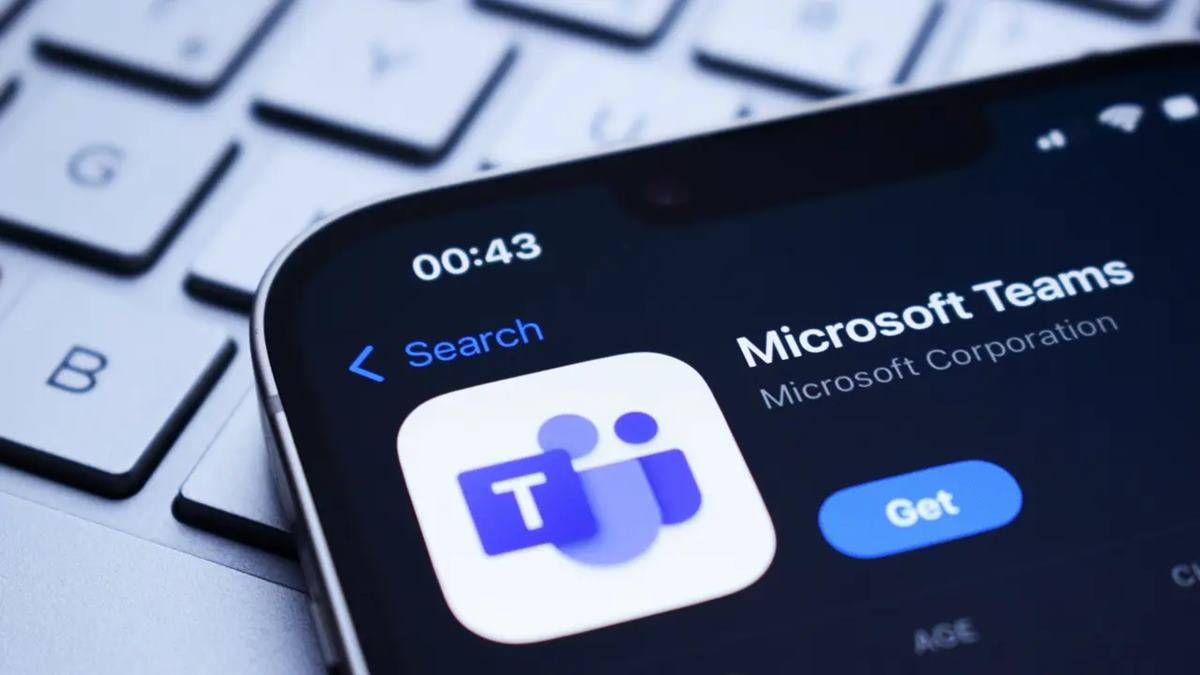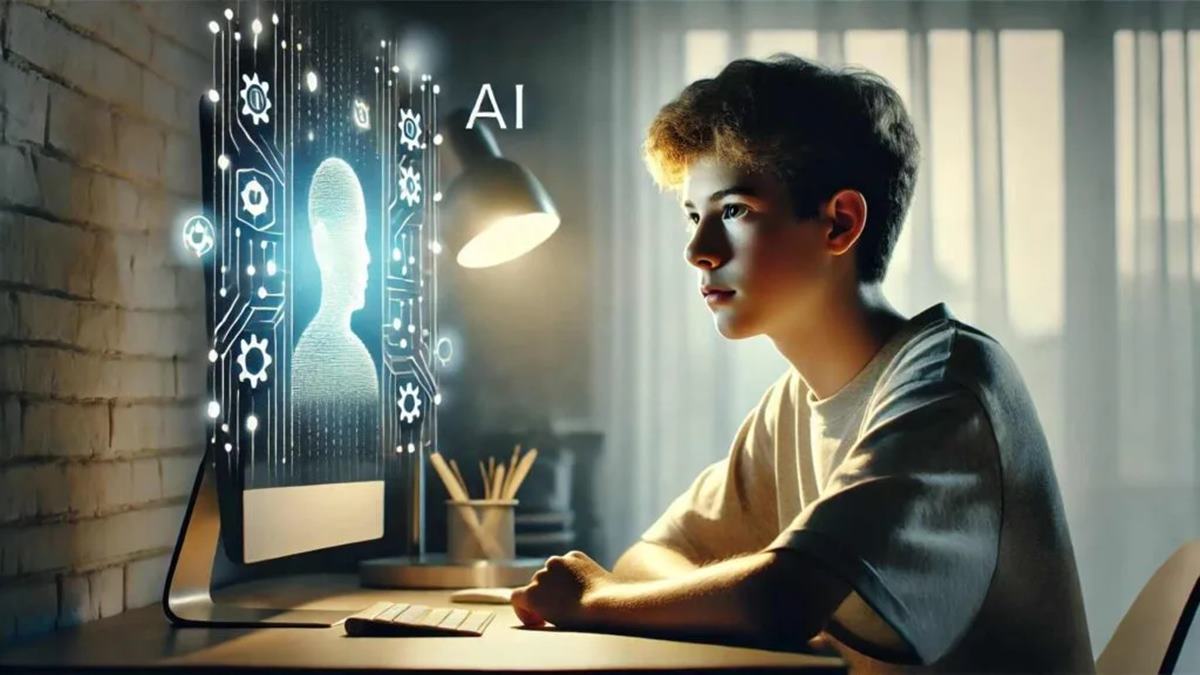A controversial perspective on the impact of artificial intelligence (AI) on employment—that many jobs transformed by AI may not constitute “real work” from a long-term historical perspective—was suggested by OpenAI Chief Executive Officer (CEO) Sam Altman.
Speaking at the company’s DevDay conference, Altman framed his argument around a historical analogy to express less worry about AI-driven unemployment, betting on human ingenuity to create new forms of work.
Redefining ‘real work’ in the age of AI
Financial Express reports that Altman pointed out that the meaning of meaningful work is not fixed and it changes dramatically throughout the generations.
He did this by presenting the audience with the point of view of a farmer who was mostly engaged in food production and life support. From this historical perspective, Altman argued that many people in contemporary, white-collar jobs may not be genuinely involved and may seem to be playing games and spending their time, rather than doing any real, necessary work.
This forms the basis of his outlook on AI-driven job displacement. Altman suggests that the current anxiety over AI eliminating knowledge-worker roles is mitigated by this long-term perspective, as what seems crucial today may not be considered “real work” in the future.
He notes that the standard for what constitutes meaningful employment is constantly shifting, and the jobs being transformed by AI may fall into a category that future generations view as trivial or transitional, much like how past agrarian societies would view today’s service and tech industries.
Human ingenuity will create new careers
In addition to the redefinition of the present work, Altman’s position represents a great deal of confidence in society to adapt and devise new ways of working.
He claimed he is less concerned with the social consequences of AI-driven unemployment, as modern people cannot conceptualize the new professional growth opportunities that AI will eventually open up to them.
This optimism is based on the fact that human tendencies to progress and seek meaning will ensure that the employment sphere remains relatively strong, and the character of work is changing.
Altman explicitly bases this outlook on a bet on human nature, stating, “I’m so willing to bet on human drives being what they are.”
He is convinced that the employment of the future will render the work of the present professional life insignificant in comparison, just as the farmer of the past could not have imagined the work created by the use of the internet.
Such a proactive approach positions AI not merely as a disruptive phenomenon, but as an agent that transforms unimaginable modes of professional activity through human resourcefulness.
Altman’s vision suggests that the true impact of AI may not be mass unemployment. Still, a profound and inevitable redefinition of work itself, challenging society to adapt to forms of labor we cannot yet conceive.
Source – https://news.outsourceaccelerator.com/ceo-dismisses-ai-job-fear/




















